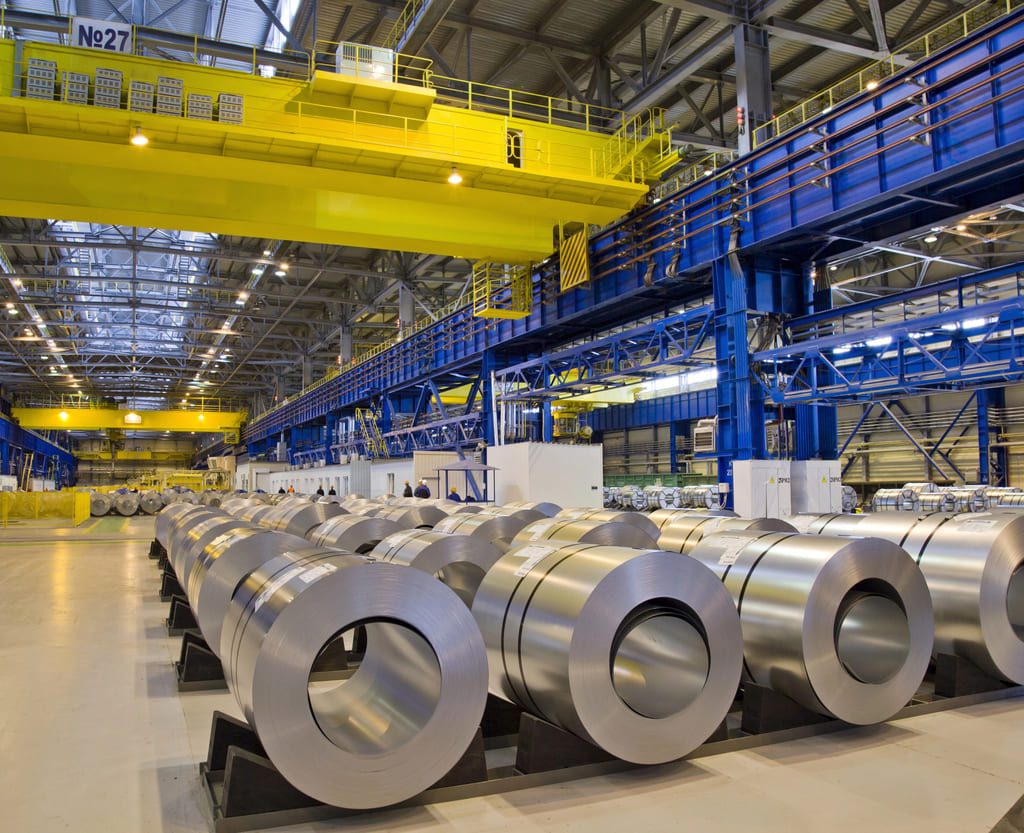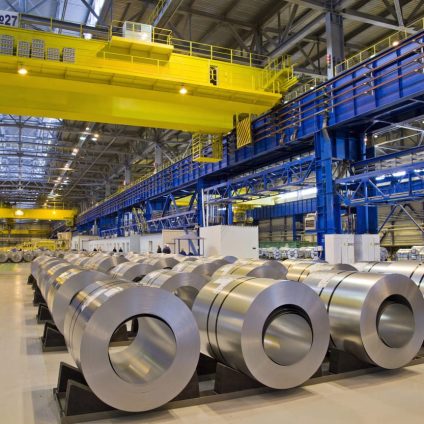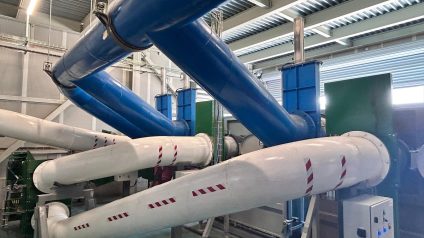The EU backs a plan to support energy-intensive industry with reforms to cut costs, emissions, and boost strategic autonomy

High energy prices, regulatory burdens, and complex financing remain key hurdles
Boosting competitiveness, lowering energy costs, and speeding up decarbonization – while protecting jobs and securing Europe’s strategic autonomy – are the main objectives of the European Parliament’s newly approved strategy to help the continent’s energy-intensive industries transition to clean production processes.
How energy-intensive industries can navigate the green transition
Industries with high greenhouse gas emissions are facing a particularly challenging moment. On one hand, they must meet the EU’s ambitious decarbonization targets. On the other, they are grappling with volatile energy prices, geopolitical tensions, and, more recently, the impact of carbon border tariffs.
Sectors such as chemicals, steel, paper, cement, and glass are critical to Europe’s strategic independence and reducing exposure to global supply chain disruptions. Recognizing this, the European Parliament adopted a dedicated strategy on April 3 to support energy-intensive industries during their transition.
The roadmap begins with an analysis of the specific obstacles these sectors face. These include energy prices that are higher than those of global competitors and fossil fuel price volatility. On the regulatory side, the incomplete Energy Union and delays in implementing electricity market reforms continue to pose challenges.
Additional burdens include excessive regulation and the complexity of financing mechanisms—issues that weigh especially heavily on small and medium-sized enterprises. There are also inefficiencies in the EU Emissions Trading System due to how member states allocate revenues, as well as limited access to critical and secondary raw materials.
Priority actions to accelerate the transition
To ease the shift toward clean industrial processes—aligned with the recently proposed Clean Industrial Deal by the European Commission—the European Parliament has identified a set of key priorities:
- Speed up permitting for clean energy projects.
- Implement electricity market reforms to decouple electricity prices from fossil fuel costs.
- Invest in power grid infrastructure to support system integration.
- Simplify regulations and improve access to critical raw materials to attract private investment.
- Begin a review of short-term electricity market design by 2025.
- Enforce the Carbon Border Adjustment Mechanism (CBAM) to curb unfair competition.
- Establish lead markets for low-emission European products.
- Support workers and regions most affected by the transition.













